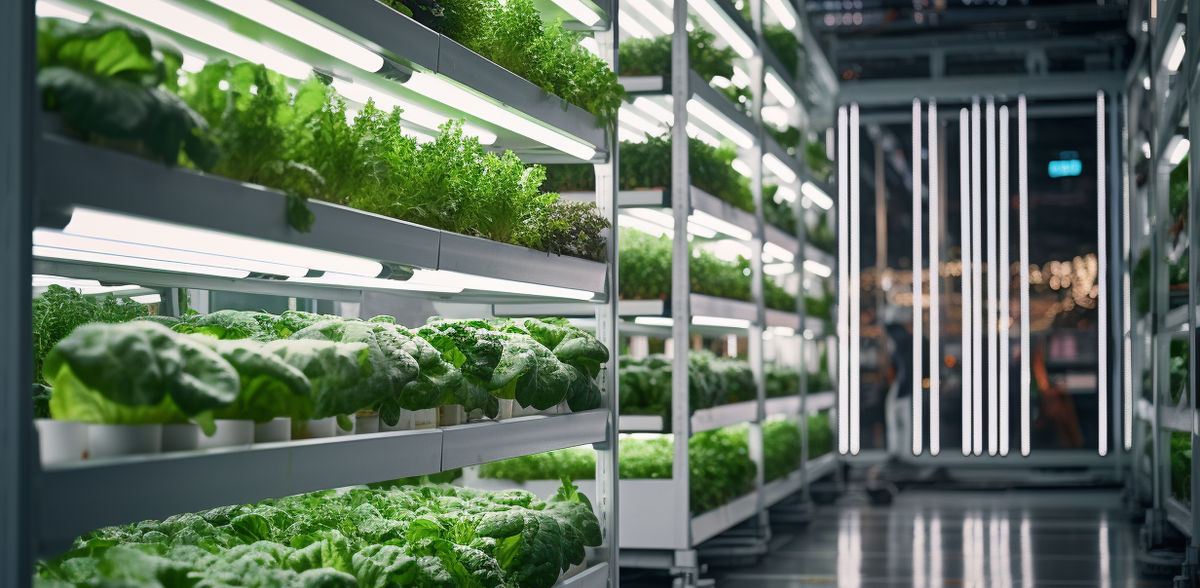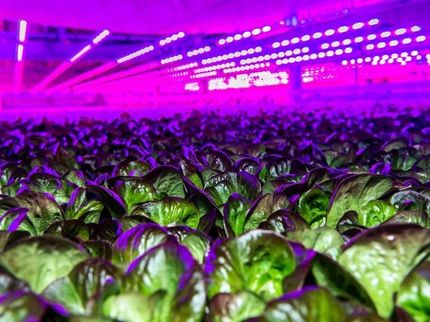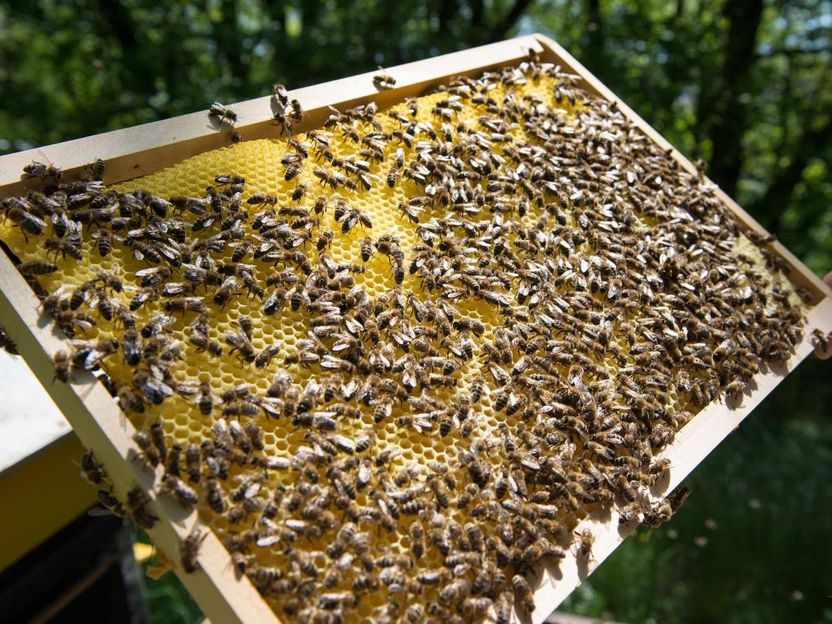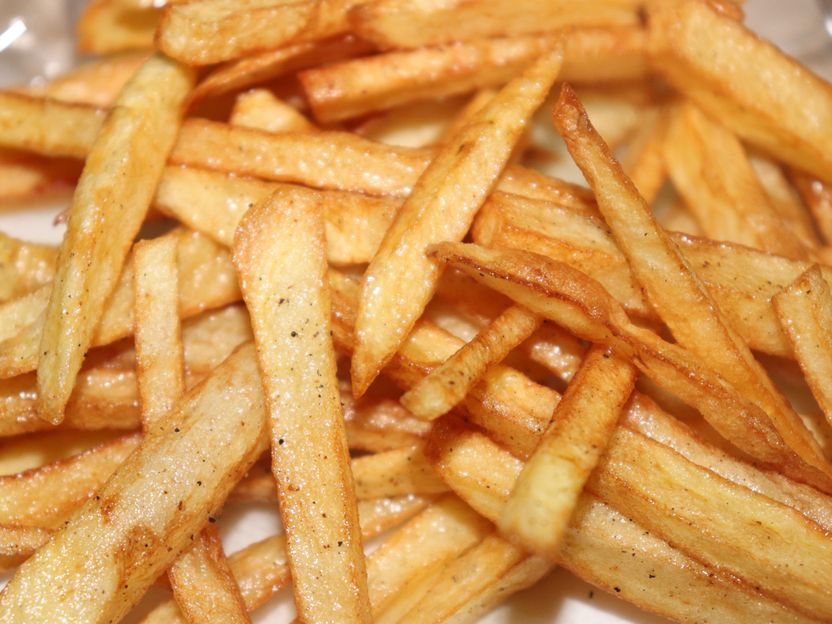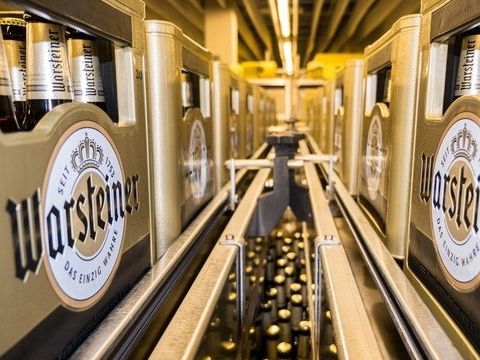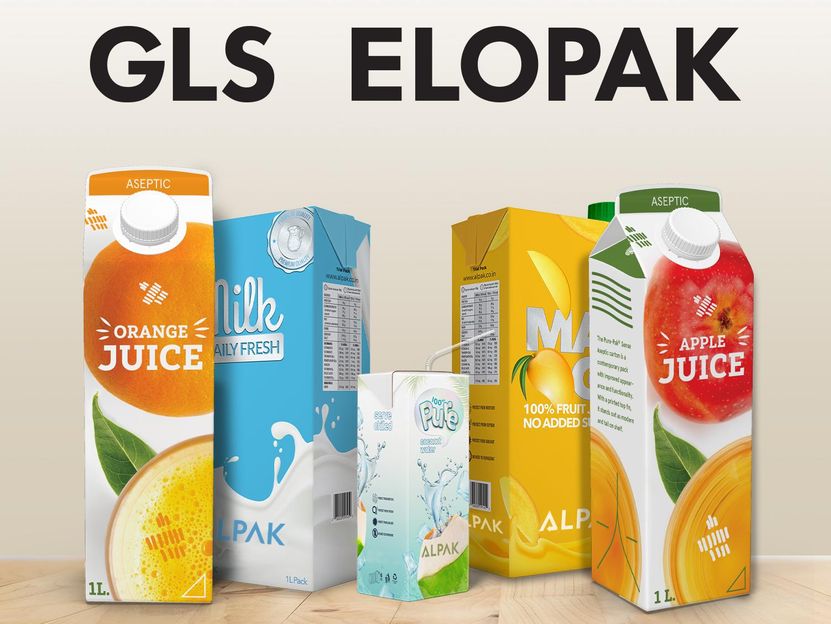AI lighting system for efficient vertical indoor farming
TH Köln optimizes vertical cultivation of fruit vegetables and fruit
Innovative solutions and new technologies are needed to supply the world's growing population with sustainable and fresh food. One promising approach is vertical indoor farming, i.e. the cultivation of fruit and vegetables in stacked cultivation systems indoors. In order to optimize this and make it more practical, TH Köln is working on an intelligent lighting system as part of the "Smart Plant" project. The aim is to use artificial intelligence to ensure more efficient plant growth and save energy.
"In vertical farming, plants are grown in tiers in a closed building structure, i.e. in containers, high-rise buildings, warehouses or greenhouses. This makes it possible to produce large quantities of food in a small space and in the immediate vicinity of consumers - with consistent quality and regardless of the season and climate," says Prof. Dr. Mohieddine Jelali from the Institute of Product Development and Construction Technology at TH Köln. This is because vertical farming is independent of external conditions such as sun, weather, weeds or pests. This means that less fertilizer is needed. In addition, water can be saved as most of it can be reused in vertical systems.
One of the biggest challenges in vertical farming is the lighting of the plants, as Jelali explains: "This is a key factor that influences the growth behavior of the plants. Current studies show that lighting accounts for more than 50 percent of the energy consumption of vertical farms. This accounts for around 40 percent of the total production costs." Although LED lighting concepts have significantly increased energy efficiency in recent years, vertical farming is at great risk in view of rising electricity and heat prices.
Development of smart LED modules - tests on chilies and strawberries
In order to make lighting more efficient, the team at the institute is working with its project partner, BOEKS GmbH, to develop LED modules with integrated cameras and sensors. The aim is to automatically monitor plant growth and development. Algorithms will analyze the recorded images to identify growth patterns, detect diseases and monitor the health of the plants. "This makes it possible to adjust the lighting conditions depending on the growth stage and condition. In addition, the data obtained can be used to make informed decisions regarding temperature and nutrient management," says Jelali.
The smart LED modules will then be integrated into a hydroponic demonstrator, which is also to be developed as part of the project. In hydroponic systems, plants, in this case chilies and strawberries, are grown without soil. The required nutrients and fertilizers are delivered to the roots in liquid form. "We will cultivate the plants under different growing conditions and photograph them at regular intervals in order to obtain a sufficiently large data set with which to train a machine learning model. This should then be able to detect and classify plant growth stages on the basis of the captured images in order to select suitable lighting," explains Jelali.
The solutions to be developed in the project should help to exploit the potential of vertical farming and develop a market-ready technology, as Jelali explains further: "After the global vertical farming market declined during the coronavirus pandemic, current analyses attest to increasing growth rates for the coming years. However, vertical farming still faces a number of challenges and is currently in a phase of technological development. With the solutions to be developed in the project, we want to make a contribution to overcoming these hurdles."
Note: This article has been translated using a computer system without human intervention. LUMITOS offers these automatic translations to present a wider range of current news. Since this article has been translated with automatic translation, it is possible that it contains errors in vocabulary, syntax or grammar. The original article in German can be found here.
Other news from the department science
Most read news
More news from our other portals
See the theme worlds for related content
Artificial intelligence (AI) for food and beverages
Artificial intelligence (AI) is optimizing the food and beverage industry through automated quality control and more accurate demand forecasting. AI plays a particularly important role in product development by analyzing taste preferences and market trends. This allows new products to be developed that are better tailored to consumer needs, increasing efficiency and customer satisfaction.

Artificial intelligence (AI) for food and beverages
Artificial intelligence (AI) is optimizing the food and beverage industry through automated quality control and more accurate demand forecasting. AI plays a particularly important role in product development by analyzing taste preferences and market trends. This allows new products to be developed that are better tailored to consumer needs, increasing efficiency and customer satisfaction.
